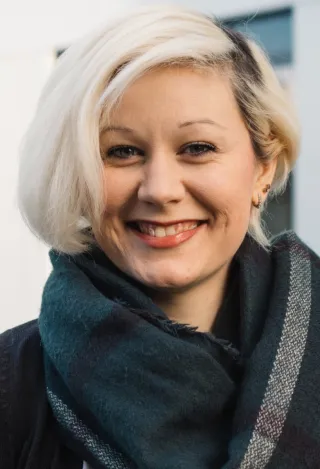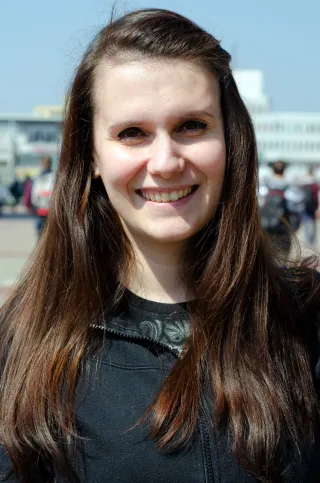Master 2 subject
Russian Culture, Master 2 subject
- Which are the unique characteristics of Russian culture within the European context?
- Which were the important eras and upheavals in Russian cultural history?
- In what way are everyday life, politics, art and media interwoven?
- How does Russian culture present itself and how is it perceived?
- Which alternative cultures compete with the official Russian and Soviet culture?
Profile |
|
|
Degree
|
Master of Arts
|
|
Start
|
Winter- and summer semester
|
|
Duration
|
4 semesters
|
|
Classroom language
|
German, Russian
|
|
Admission
|
Not restricted, application at the faculty required
|
Other degree programs in the subject
rub



